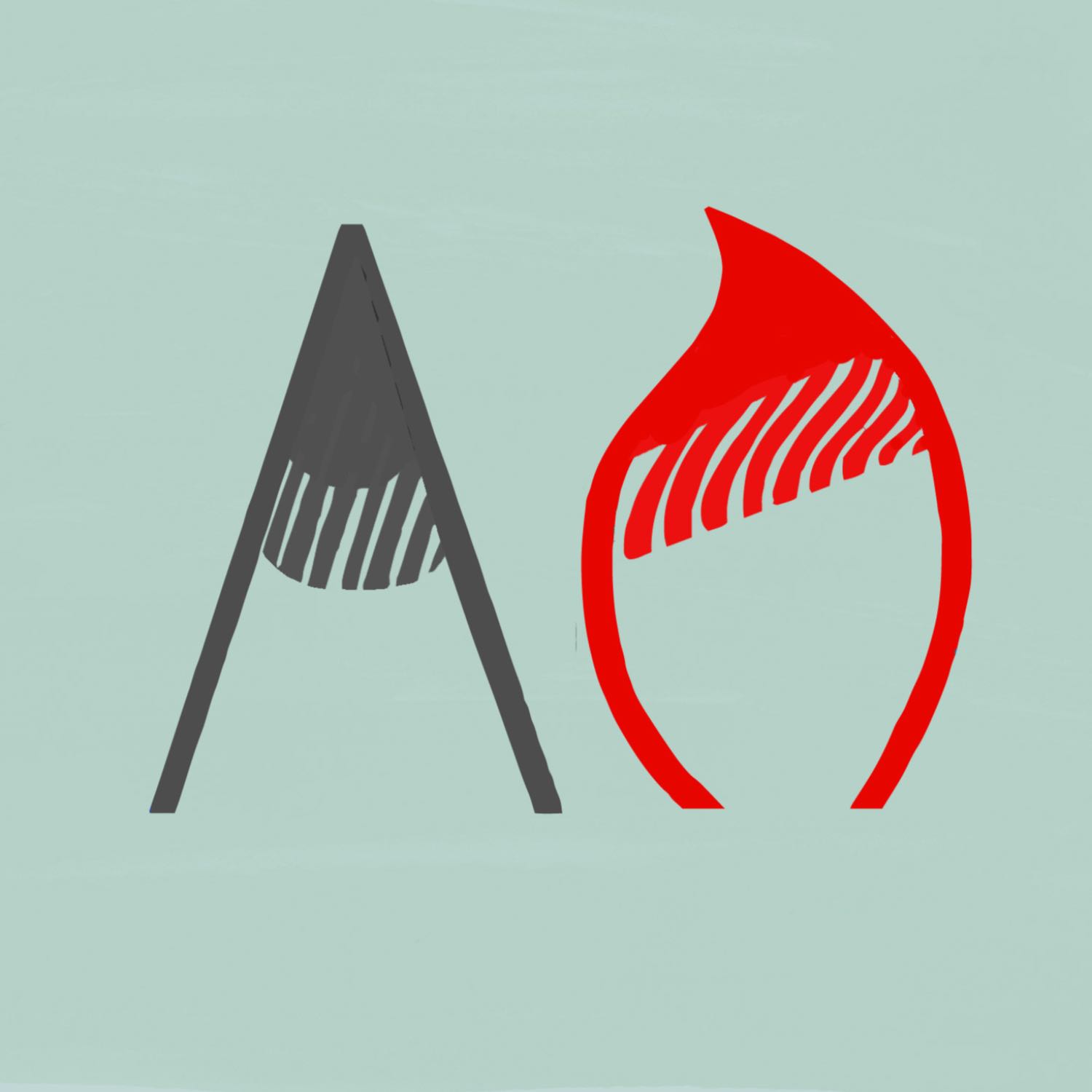- After-Shows
- Alternative
- Animals
- Animation
- Arts
- Astronomy
- Automotive
- Aviation
- Baseball
- Basketball
- Beauty
- Books
- Buddhism
- Business
- Careers
- Chemistry
- Christianity
- Climate
- Comedy
- Commentary
- Courses
- Crafts
- Cricket
- Cryptocurrency
- Culture
- Daily
- Design
- Documentary
- Drama
- Earth
- Education
- Entertainment
- Entrepreneurship
- Family
- Fantasy
- Fashion
- Fiction
- Film
- Fitness
- Food
- Football
- Games
- Garden
- Golf
- Government
- Health
- Hinduism
- History
- Hobbies
- Hockey
- Home
- How-To
- Improv
- Interviews
- Investing
- Islam
- Journals
- Judaism
- Kids
- Language
- Learning
- Leisure
- Life
- Management
- Manga
- Marketing
- Mathematics
- Medicine
- Mental
- Music
- Natural
- Nature
- News
- Non-Profit
- Nutrition
- Parenting
- Performing
- Personal
- Pets
- Philosophy
- Physics
- Places
- Politics
- Relationships
- Religion
- Reviews
- Role-Playing
- Rugby
- Running
- Science
- Self-Improvement
- Sexuality
- Soccer
- Social
- Society
- Spirituality
- Sports
- Stand-Up
- Stories
- Swimming
- TV
- Tabletop
- Technology
- Tennis
- Travel
- True Crime
- Episode-Games
- Visual
- Volleyball
- Weather
- Wilderness
- Wrestling
- Other
Sorting Patients Out: The Moral Evaluation Process in Emergency Departments - Marius Wamsiedel
In this reflective paper, I delve into the moral evaluation process carried out by emergency department (ED) triage workers in Romania as they grapple with the rising demand for emergency care. Adopting a symbolic interactionist approach, I scrutinize how triage staff assess patients’ entitlement to and deservingness of care, with a focus on the intricate dynamics of this assessment process. My long-term fieldwork at the EDs of two public hospitals exposed that moral evaluation arises from the pragmatic necessity of dissuading patients from seeking ED services for issues that could be addressed by primary care providers. Since current policies prevent triage workers from denying emergency care access, moral evaluation assumes more subtle forms, such as unwarranted delays, admonishments, and reproaches. Although the moral evaluation process exhibits a clear exclusionary aspect, it does also consider structural issues within primary healthcare organization and offers some protection for patients who cannot access medical care elsewhere due to circumstances beyond their control. However, the staff’s lack of structural competence leads to certain vulnerable patient groups, particularly the Roma, facing disproportionate sanctioning. This includes micro-aggressions and unjustified admission delays, inadvertently perpetuating unequal healthcare access and exacerbating health disparities along ethnic lines. In conclusion, the moral evaluation process is a complex, multi-faceted endeavor that seeks to align the rationing of access to emergency services with moral criteria. Despite its intentions, the process inadvertently amplifies inequity in access to healthcare.Illustration by Andrei Paceahttps://theanthro.art/sorting-....patients-out-the-mor

